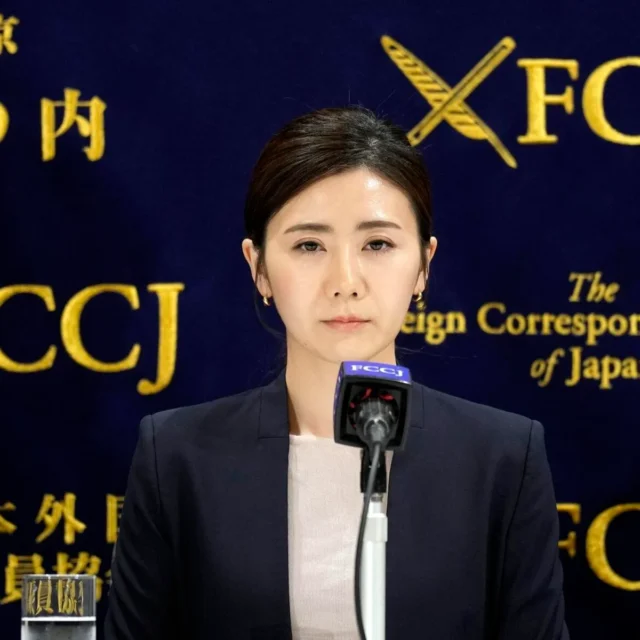
In a high-profile custody battle that has captivated audiences beyond the sports world, Ai Fukuhara, the retired Japanese table tennis star, has been at the center of international legal drama. Accused by her ex-husband, Chiang Hung-chieh, of abducting their son, Fukuhara has faced both legal and public scrutiny. This article delves into the complexities of the case, offering a comprehensive overview of the events leading up to the recent settlement.
Key Highlights
- Ai Fukuhara accused by ex-husband Chiang Hung-chieh of abducting their son.
- The dispute put a spotlight on international child abduction issues involving Japanese citizens.
- Tokyo court ordered Fukuhara to hand over their son to Chiang.
- Fukuhara and Chiang were married after the 2016 Rio de Janeiro Olympics and divorced in 2021.
- Fukuhara cut off contact with Chiang after taking their son to Japan in 2022.
- The situation raised concerns about Japan’s custody laws, which do not recognize joint custody.
In July 2023, Ai Fukuhara, once celebrated for her achievements in table tennis, found herself embroiled in a legal and emotional dispute with her ex-husband, Taiwanese table tennis player Chiang Hung-chieh. The core of their conflict centered on the custody of their son, with allegations of abduction bringing to light Japan’s stringent custody laws that do not accommodate joint custody following divorce.
Chiang Hung-chieh’s plea for the return of his son became public during a press conference at the Foreign Correspondents’ Club of Japan in Tokyo. Chiang expressed his desperation to reunite with his son, emphasizing his wish for a peaceful resolution in accordance with the court’s order. This legal battle highlighted the stark differences in international custody laws and the challenges faced by mixed-nationality couples navigating divorce and child custody across borders.
The court’s decision on July 20, demanding Fukuhara to return their son to Taiwan, added a new chapter to this unfolding story. However, despite the legal directive, the resolution was far from straightforward. The emotional and logistical complexities of the situation underscored the often challenging dynamics of familial bonds strained by international legal frameworks.
Ai Fukuhara’s illustrious career, marked by her achievements including a silver medal at the 2012 London Olympics and a bronze at the Rio de Janeiro Games in 2016, has been overshadowed by this custody dispute. The case not only reflects personal turmoil but also ignites broader conversations about the intersection of legal, cultural, and emotional considerations in child custody cases, especially in a global context.
Chiang’s persistent efforts to seek the best for their children amidst the legal entanglements reveal the depth of parental love and the lengths to which individuals will go to ensure their children’s welfare. As this case unfolds, it serves as a poignant reminder of the complexities inherent in cross-cultural relationships and the imperative to navigate these challenges with empathy, understanding, and respect for the law.








